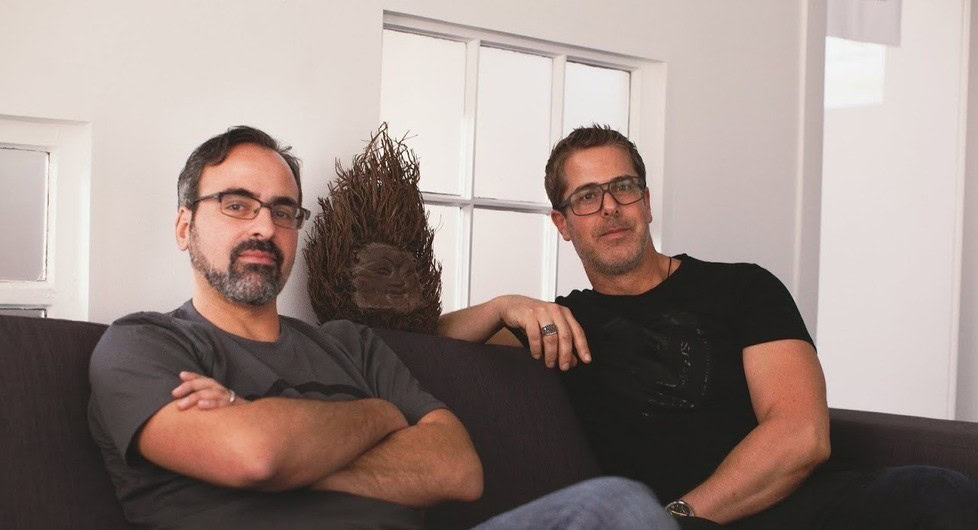Affiliate links on Android Authority may earn us a commission. Learn more.
CEO: “Today, Cyanogen has some dependence on Google. Tomorrow, it will not.”
Updated on January 24, 2015

Kirt McMaster, the outspoken CEO of Cyanogen Inc., has been in the news lately for expressing some controversial opinions on things like Google’s “tyrannical” control over Android or Samsung’s complete inability to build a decent mobile operating system.
But the opinions expressed on Thursday at The Information’s “Next Phase of Android” event in San Francisco are his most contentious yet. Not only has McMaster clarified his views on Google’s control over Android, but he laid out Cyanogen’s vision for a future devoid of any Google reliance.
To remove all doubts right from the get go, here’s how McMaster introduced himself: “I’m the CEO of Cyanogen. We’re attempting to take Android away from Google.” Asked to detail his vision, McMaster explained that Cyanogen wants to provide a version of Android that is open down to its core, that partners can use to build highly integrated services, in a way that is not possible right now with Google’s Android.
“We’re making a version of Android that is more open so we can integrate with more partners so their servicers can be tier one services, so startups working on [artificial intelligence] or other problems don’t get stuck having you have to launch a stupid little application that inevitably gets acquired by Google or Apple. These companies can thrive on non-Google Android.”
McMaster said Google Now is a model of a service that plugs into the core of the system, in a way third-party apps cannot. He went on to say that Aviate launcher (owned by Yahoo, one of the companies rumored to have shown interest in buying Cyanogen) could gain that sort of access to the innards of the Android OS, if it were to partner with Cyanogen.
So Cyanogen sees itself as a platform for other companies to build services that integrate deeply into Android, which is not possible with the Google-controlled Android. Won’t that infuriate Google? Of course it will, but Cyanogen isn’t worried, because its future is free of Google:
“We’ve barely scratched the surface in regards to what mobile can be. Today, Cyanogen has some dependence on Google. Tomorrow, it will not. We will not be based on some derivative of Google in three to five years. There will be services that are doing the same old bulls— with Android, and then there will be something different. That is where we’re going here.”
McMaster sees his company as a “white horse that opens the entire platform up.” “Google is running the table, and nobody likes that,” he said.
Right now, Cyanogen needs Google for its suite of services, like the Play Store, Gmail, and Maps. By imposing certain conditions to companies wishing to install these apps on their devices, Google has so far maintained a firm, if veiled, control over its platform. Companies that fork Android are shut down from Google apps, making it very difficult to create viable competing Android-based platforms. Amazon, which spent years creating alternatives to Google’s apps, is the one notable exception.
Cyanogen wants to solve this problem by working with partners, and by supporting alternative app stores. In fact, Kirt McMaster said Cyanogen would have its own app store in 18 months.
For the full transcript of the event, including commentary from Nextbit, the company building Baton, an app syncing service built into the next version of Cyanogen, check out The Information (paywalled).
It remains to be seen if Cyanogen’s grand ambitions will ever materialize. There are huge obstacles to overcome, not the least being Google’s attitude towards Cyanogen. So far, Cyanogen has enjoyed access to Google’s apps for its OnePlus and Micromax commercial implementations. It’s not clear how Cyanogen plans to play it cards, as it still needs Google to play nice for now. But its plans are clearly diverging from that.